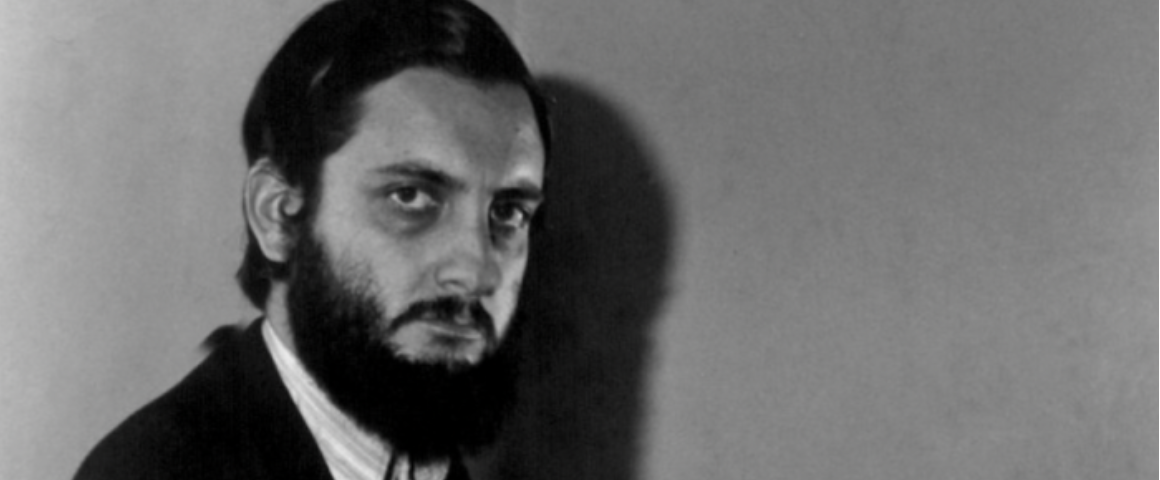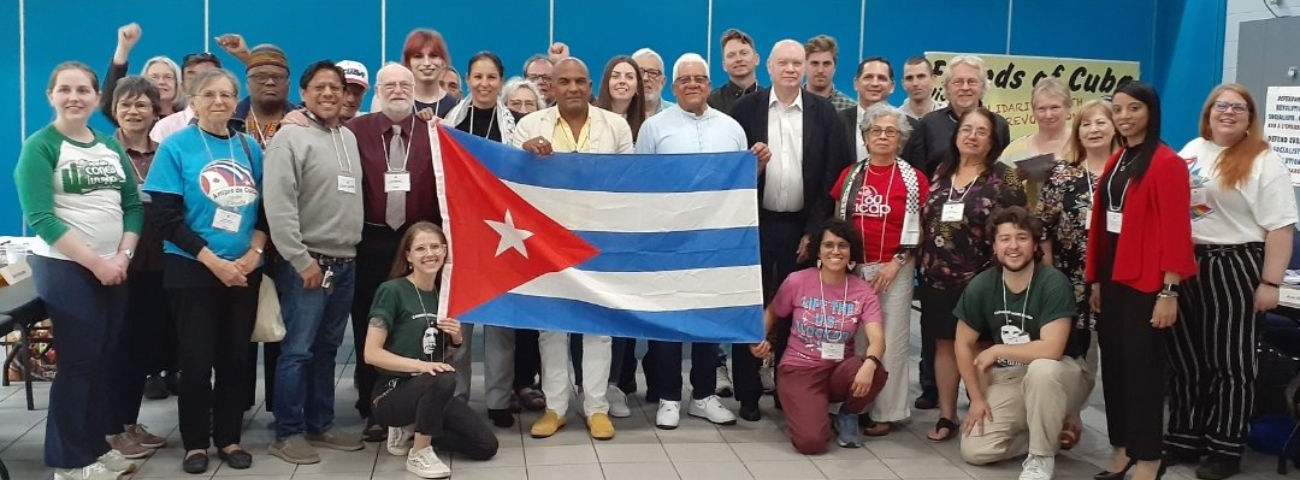By Normand Raymond
This year is the 50th anniversary of the September 11, 1973 coup d’état in Chile, orchestrated by General Pinochet and supported by the US government and the CIA.
It also marks 20 years since one of Chile’s most politically committed composers and pianists of the 20th century died in France, on September 15, 2003. This was Sergio Ernesto Aroldo Ortega Alvarado, better known as Sergio Ortega.
Born on February 2, 1938 in Antofagasta in northern Chile, Ortega began playing the piano at the age of 15. After incomplete studies in architecture and literature, the self-taught pianist decided to study music more seriously at the University of Chile’s conservatory, having finally found his natural vocation. At the same time, he became active in the university student movement and in 1960 joined the Communist Party of Chile, to which he remained loyal for the rest of his life.
After composing anthems for the Radical Party, the Communist Youth, the Workers’ United Centre of Chile (CUT, a labour federation founded in 1953) and the Student Federation of the University of Chile, Ortega composed “Venceremos” to a text by Claudio Iturra. This song was almost immediately taken up by Víctor Jara with a different text and performed by the group Quilapayún, to serve as the theme for the presidential campaign of socialist candidate Salvador Allende Gossens in September 1970.
For Unidad Popular (UP, Popular Unity), “Venceremos” was a form of resistance that contributed to the election of the socialist president and no less than 25 communist deputies.
In June 1973, three months before the coup d’état, when Chile was going through difficult times and the possibility of civil war was spreading, Ortega decided to support Allende by composing “El pueblo unido jamás será vencido” (“The People United Will Never Be Defeated”) with Quilapayún. He said he was originally inspired by a young man who shouted the well-known phrase on his way home to Santiago. A veritable battle cry against the oppressors, chanted in the streets countless times, the slogan is said to have come from a speech in the 1940s by left-wing Colombian political leader Jorge Eliécer Gaitán.
Over time, the song became an international anthem of resistance.
Ortega also composed chamber music, symphonies, operas, cantatas and other works for the academic world, theatre and cinema. He was involved in major musical projects both in Chile and in exile in France.
In early 1968, he was given the responsibility of recording an album entitled X la CUT with the participation of several representatives of the Nueva cancion chilena (New Chilean Song) movement. The album, half of whose songs Ortega wrote as a composer, was an homage to the CUT, the main labour federation which united the entire labour movement in Chile from 1953 to 1973.
In 1970, in collaboration with Luis Advis and with texts by Julio Rojas, he set the UP’s political and economic program to music. The album was performed and recorded by the group Inti-Illimani under the title Canto al programa.
La Fragua: Cantos para chilenos is another important work whose lyrics and music, entirely composed by Sergio Ortega, were performed and recorded by the emblematic group Quilapayún. Marking the 50th anniversary of the Communist Party of Chile’s founding in 1922, this work is presented in cantata form. It pays tribute to Chile’s social history and the workers’ struggles leading up to the election of Allende’s government which proposed a process of nationalization, educational reform and health programs.
Political song vs. protest song
According to Ortega, what distinguishes political songs from protest songs is that the former have a progressive ideological connotation, clearly linked to Marxism. Protest songs, on the other hand, do not necessarily define their political or ideological contours and present reality from a much broader ideological prism. The political song doubly engaged, first through Marxist ideology and second through the country’s musical culture and social history.
Under the UP government, Ortega took part in the Communist Party of Chile’s national propaganda commission. His musical experience was thus naturally linked to his political vision of society. In the literary narratives of his songs, he recounts the unofficial history of the Chilean people, which is not necessarily studied in academic circles.
As a result, this set of songs played an important role as an ideological and political tool for the struggle for Chile’s marginalized classes.
Support socialist media!
If you found this article useful, please consider donating to People’s Voice or purchasing a subscription so that you get every issue of Canada’s leading socialist publication delivered to your door or inbox!
For over 100 years, we have been 100% reader-supported, with no corporate or government funding.




